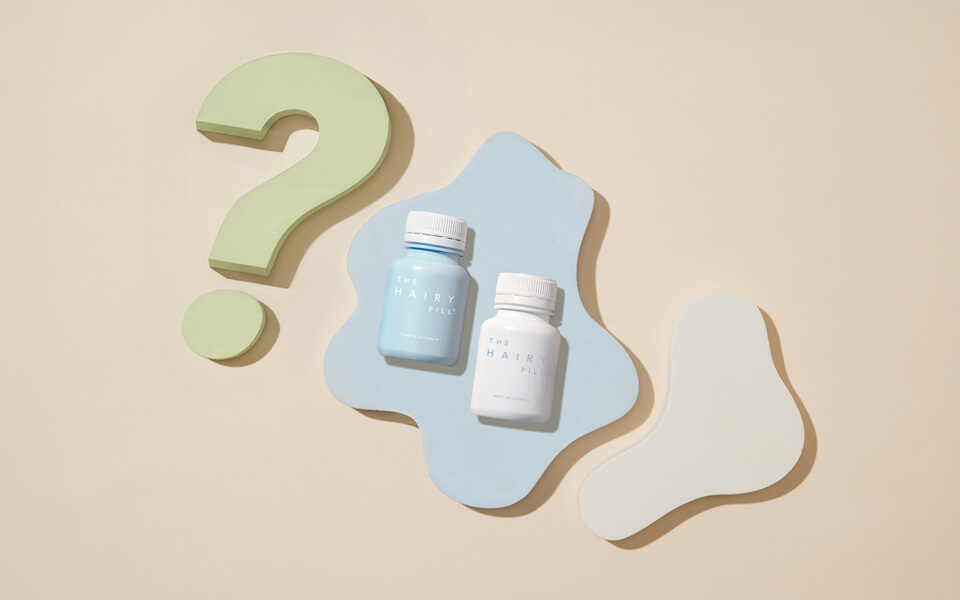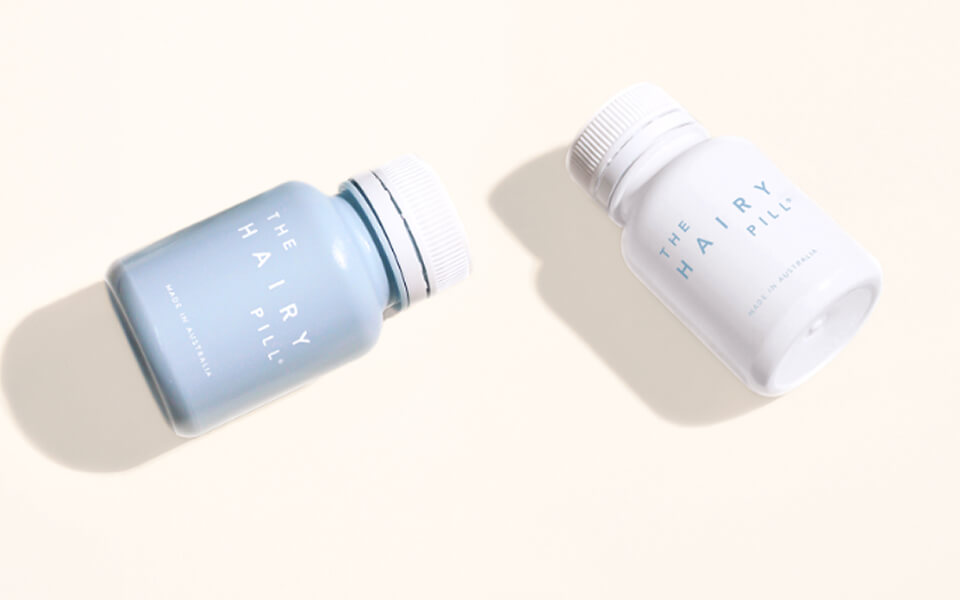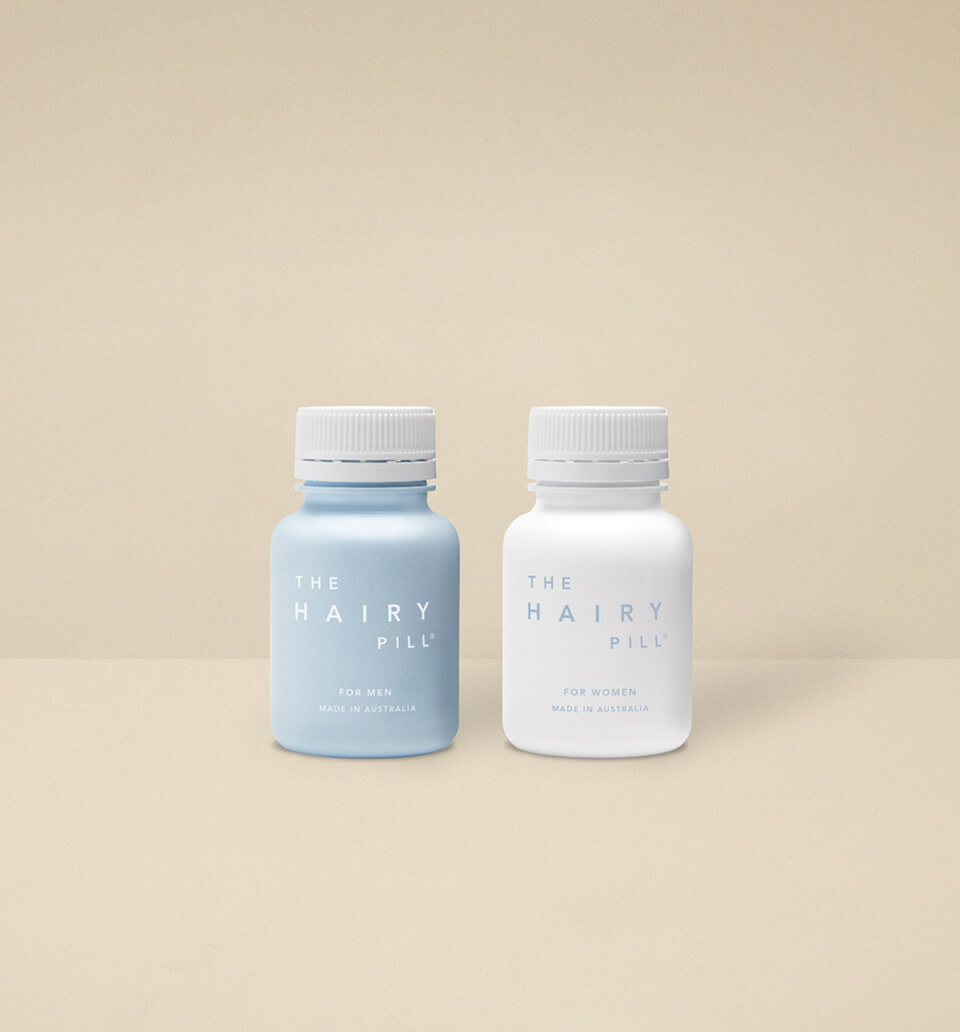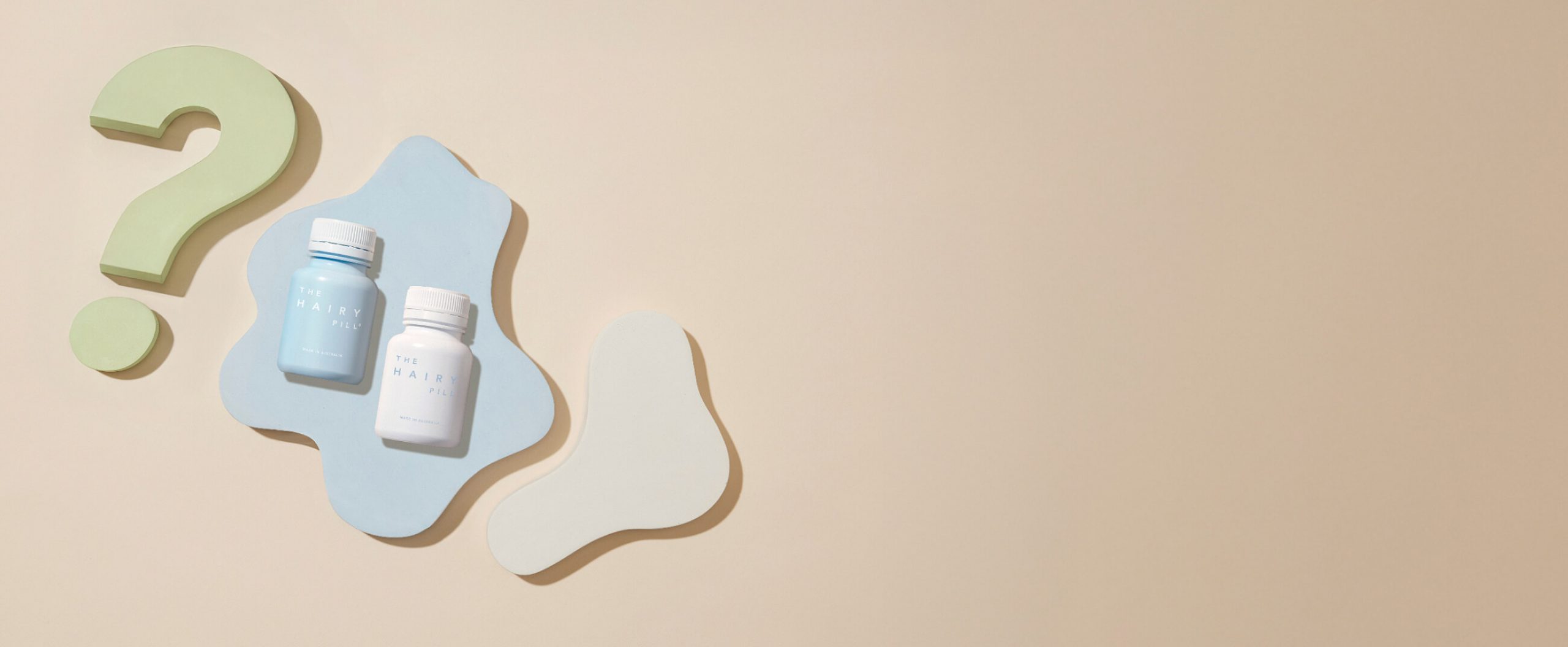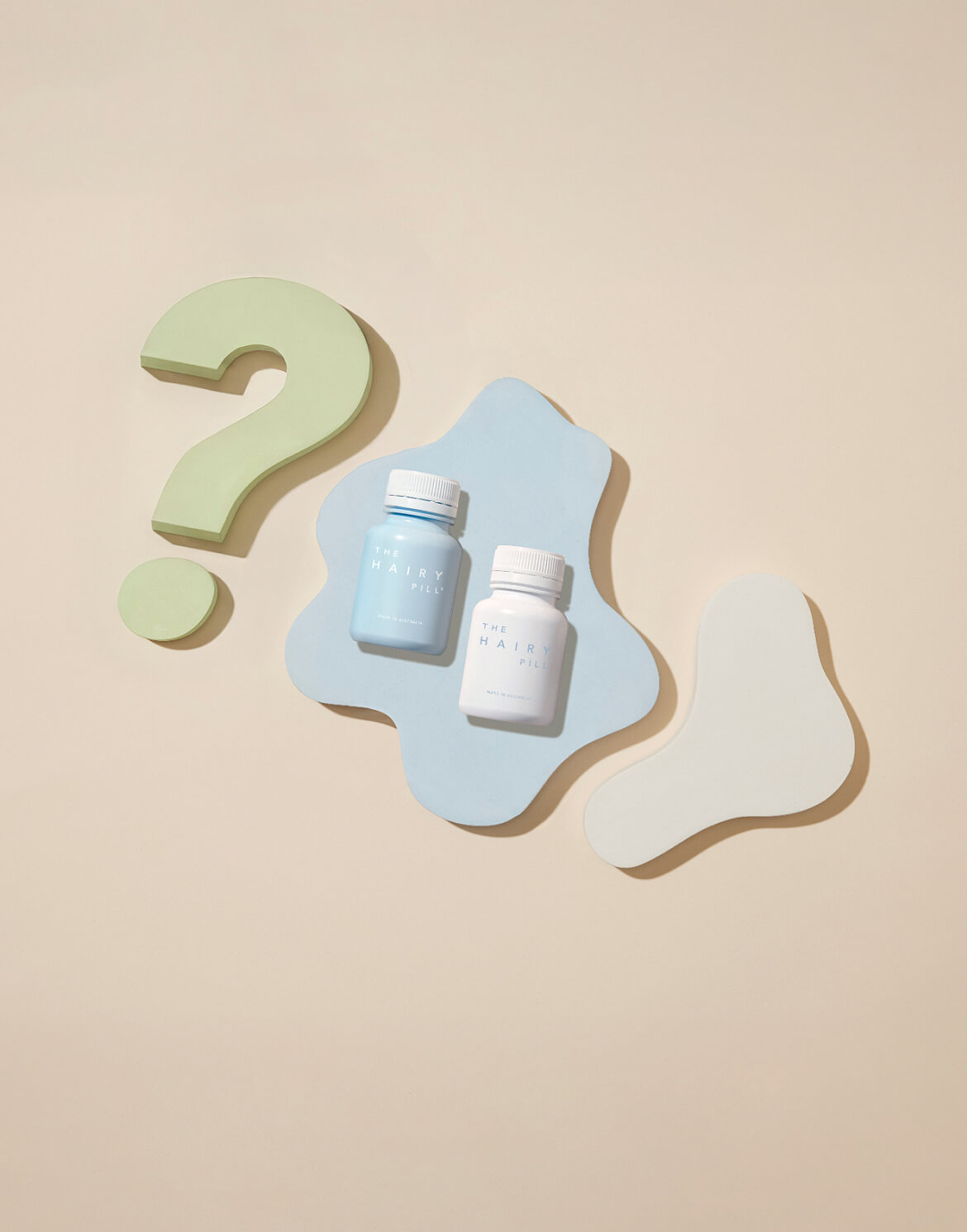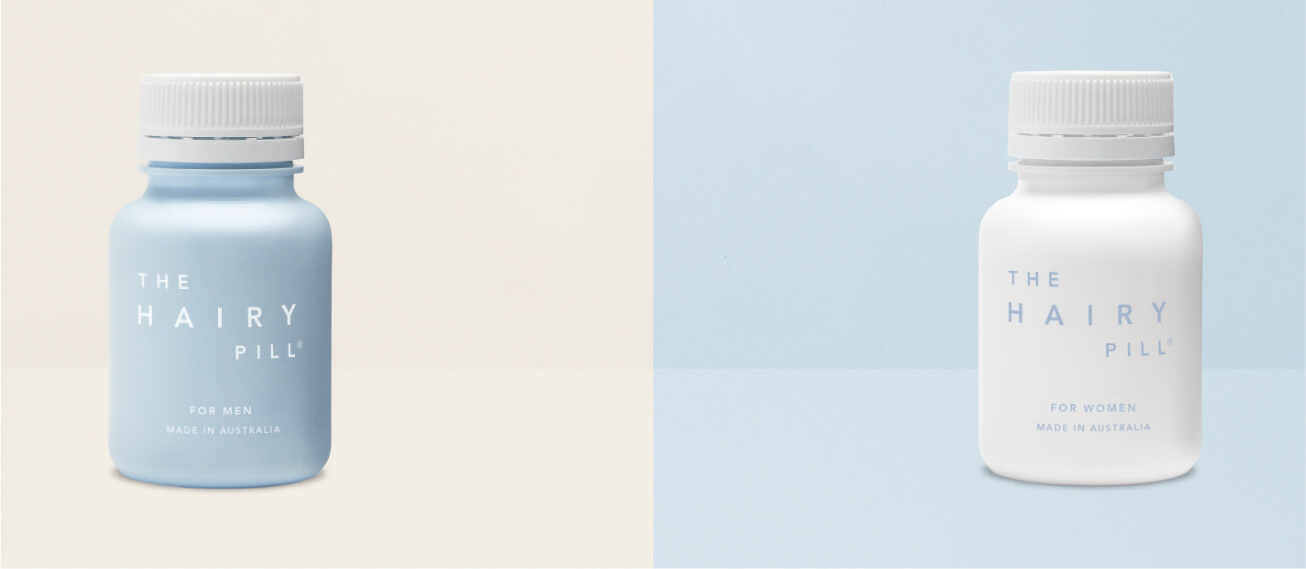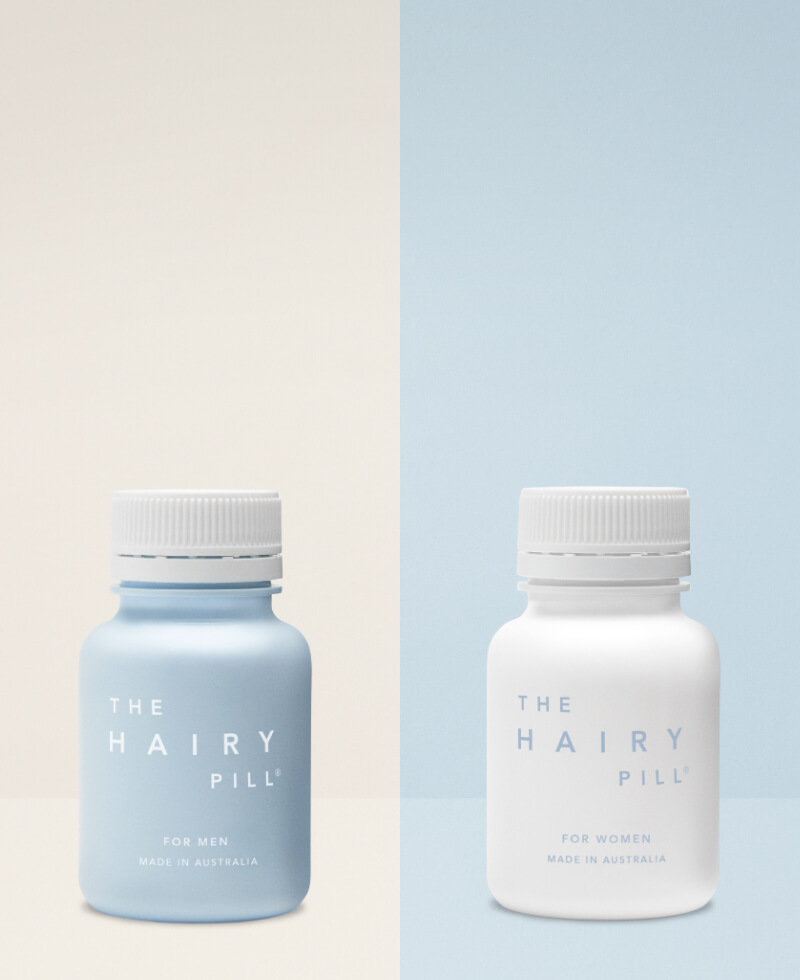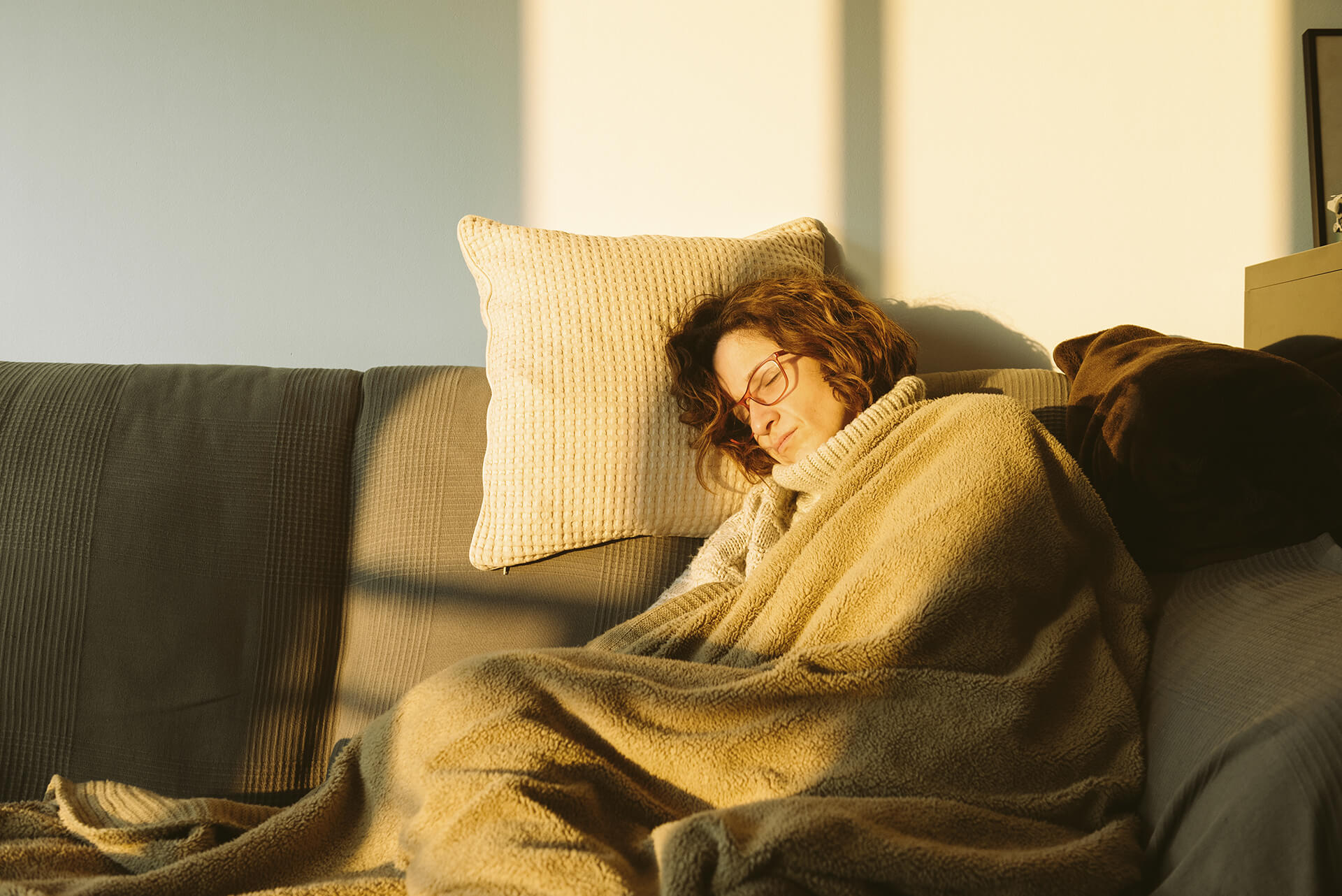Many people around the world have sworn by the low-carb, high-fat keto diet. It’s been so popular that you might be asking: what’s the catch?
Sure, you might shed some weight on keto. But it’s so restrictive that you also might have some unintended consequences. Among other side effects, keto can cause hair loss or thinning hair.
The good news is that now you know this, you can take action to prevent it. This article looks into the reasons behind keto hair loss and will provide a holistic approach to hair health on keto.
What Is the Keto Diet?
Keto was originally used to treat epilepsy in kids but it’s since become a popular weight loss diet.
It’s all about swapping carbs for fats like nuts, avocados and olive oil. Standard recommendations are to consume about 70–80% fat, 20–25% protein, and 5–10% carbs in your daily diet.
By reducing your carb intake, your body is forced into a metabolic state called ketosis, which burns stored fat for energy rather than the glucose from the carbs.
If you’re considering the keto diet, it’s best to consult your doctor or an accredited dietician to make sure you get enough daily nutrients.
Keto may have some benefits but it isn’t without risks. You may experience the ‘keto flu’ as your body adapts to the diet while longer-term risks include kidney stones, micronutrient deficiencies, and extra fat in the liver. You might also experience some hair loss.
Discover if The Hairy Pill® is right for you.
Take our short hair health quiz and we will work out if The Hairy Pill® can help you and your hair.
Take the quizCan Keto Cause Hair Loss?
When you start a keto diet, your body may experience big changes. One of those might be thinning hair or hair loss.
Many keto fans note that it’s usually only temporary, lasting 2–3 months before their body adapts to the new diet and their hair returns to normal. But if your commitment to keto is extreme or long-term, you may experience prolonged hair loss.
The 3 Main Reasons Why You Might Be Losing Hair On the Keto Diet
Hair loss isn’t simple. The cause might not be one thing but rather a combination of factors, like genetics, age, and diet.
But the physiological changes that occur when you start keto, and the restrictive nature of an ongoing keto diet, may both lead to hair loss.
There’s a name for this type of hair loss. It’s called telogen effluvium, a hair loss that occurs when your body is under extreme stress and has to prioritise its resources. In the case of keto, ketosis causes sudden weight loss, which puts the body under stress.
There are a few reasons why keto might trigger hair loss —
You’re not getting enough calories
A high-fat diet like keto makes you feel full faster. You don’t eat as much and your body doesn’t get as many calories as it needs.
If you don’t have enough calories, you won’t have as much energy. That’s a shock to your body, which has to decide where it’s going to expend that limited energy. On your hair? Or on organs vital to your survival?
It’s going to pick those all-important organs, right? It’ll rest up on growing hair by sending some of your hair follicles from a growing phase into a premature resting phase. That’s why a big drop in calories can lead to hair thinning and loss.
Learn more about the phases of the hair growth cycle.
You’re not getting enough protein
Some people try to reduce their protein intake to stay in ketosis, the process where your body burns energy from fat rather than carbs.
With limited protein, your body has to prioritise how to use it. It starts with the essential organs. If there’s any protein left over, it goes to the hair follicles.
Hair is mostly made up of a protein called keratin, so if your body doesn’t get enough protein, you could end up with weak, brittle, or thinning hair.
You’re not getting enough vitamins and minerals
Carbs aren’t just about sugary drinks and processed foods. Whole grains are high in carbs. So are legumes, fruits, and root vegetables. So when you’re almost ruling out a whole food group, you’re missing out on a lot of nutritional potential in your diet.
Here’s the thing:
Hair relies on a range of vitamins and minerals. Nutrients nourish our hair follicles and promote strong, healthy hair growth. Without these essential nutrients, your hair may weaken or even shed prematurely.
Learn more with our comprehensive guide to vitamin deficiencies and hair loss.
Ready to start your hair growth journey?
- Free express shipping
- Unlimited doctor consultations
- Simple once a day treatment
Common Symptoms of Hair Loss from the Keto Diet
It’s tricky to isolate the symptoms of keto hair loss from other types of hair loss — after all, there’s a chance your keto diet has coincided with the beginning of a hereditary hair loss journey.
Symptoms of keto hair loss include:
- Dry or brittle hair
- Weak hair
- Frizzy or dull hair
- Split ends
- Hair thinning
- Increased hair shedding
- Slow regrowth
If you notice the onset of any of these symptoms soon after starting the keto diet, you may want to talk to your doctor about what you can do to reduce the impact on your hair.
How to Avoid Hair Loss on Keto Diet
If you’re mindful of your body’s holistic nutritional needs, there’s no reason you can’t enjoy the benefits of keto without jeopardising your locks. Here are a few simple things you can do on the keto diet to continue nourishing your hair.
Go gently
Slow and steady wins the race, right? To reduce that big keto-induced shock to the body, consider easing yourself into it. Slowly reduce the carbs bit by bit over several weeks, allowing your body time to adapt.
Consider it a short-term diet
Because of its strict limitations, keto shouldn’t be a forever diet. Very few healthcare providers recommend being on keto forever.
As a weight management technique, most experts recommend following the diet for no more than a year before transitioning to a more balanced regimen.
Give more balance to your macronutrients
To get to and stay in ketosis, you might find yourself counting your ‘macros’ (carbs, proteins, and fats, collectively called macronutrients) in your daily diet.
While the standard ratio is about 70% fat, 20% protein, and 10% carbs, you can customise this to get more balance and help reduce hair loss.
You may want to consider adding a few more carbs (like vegetables and beans) and protein (like fatty fish, eggs, or nuts and seeds) to your diet to boost your macros, although venturing too far from the diet may disrupt ketosis.
Learn more about the best foods for healthy hair.
Consider nutritional supplements
If you’re struggling with a genuine nutritional deficiency caused by your keto diet, vitamin and mineral supplements may come in handy.
Of course, the best approach isn’t about guesswork but about working with a doctor to create a treatment plan that includes only the supplements your body needs.
To learn more, read our complete guide to hair growth supplements.
Try a clinically proven hair loss therapy
Imagine if you could get a single personalised pill that contains all the vitamins, essential elements and amino acids you need as well as clinical grade actives designed to reverse hair loss.
The Hairy Pill® isn’t about quick fixes or snake oil solutions. It uses a science-backed approach to tackle hair loss at its source, with distinct hair loss treatments for men and hair loss treatments for women.
Ready to give your hair a fresh start? Get started.

